Morocco captivates visitors with its vibrant markets, stunning architecture, and rich cultural tapestry. The country offers an incredible blend of ancient traditions and modern hospitality that draws millions of travelers each year. Yet like many popular tourist destinations, Morocco has its share of opportunistic individuals who view unsuspecting visitors as easy targets for various schemes and overcharges.
Most Moroccans are genuinely warm and helpful people who take pride in their country’s reputation for hospitality. Unfortunately, the minority who engage in tourist-targeted scams can quickly turn a dream vacation into a frustrating experience. Here’s a list of 16 common tourist swindles to watch out for during your Moroccan adventure.
Fake Official Guides
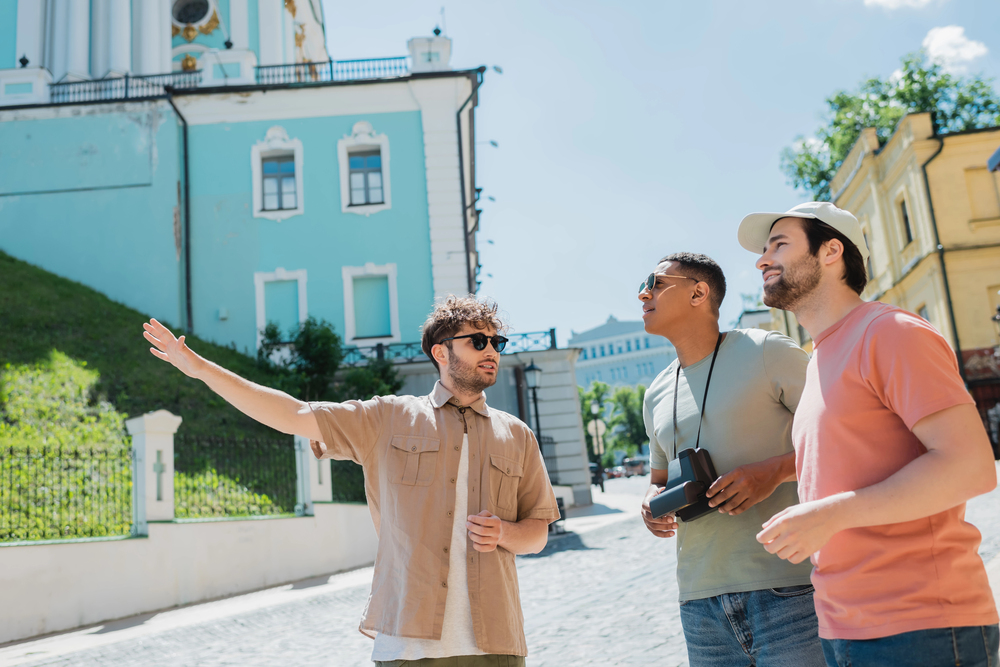
Self-appointed ‘official guides’ approach tourists near major attractions, flashing fake badges or credentials that look convincing at first glance. These individuals often position themselves strategically outside popular sites like the Hassan II Mosque in Casablanca or the Koutoubia Mosque in Marrakech — claiming they’re required for entry or offering ‘special access’ tours. They’ll demand payment upfront and either disappear with your money or provide a subpar experience that ends with aggressive demands for tips. Real official guides are licensed by the Moroccan Ministry of Tourism. They carry legitimate identification cards with photo, name, and license number clearly displayed.
Carpet Shop Pressure Tactics
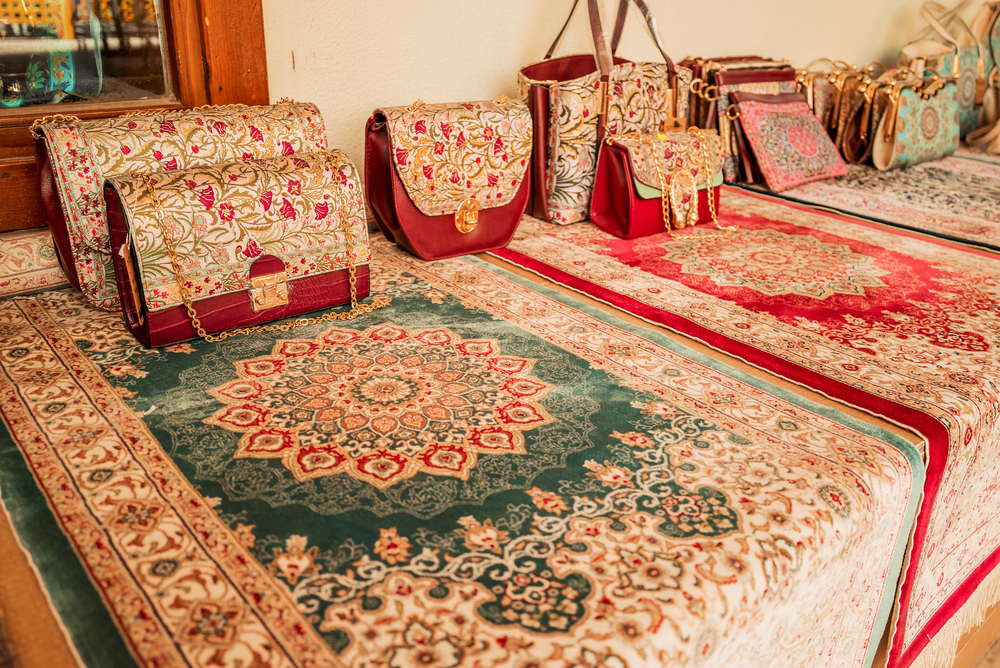
The infamous carpet shop routine starts innocently when a friendly local strikes up a conversation and mentions their family’s carpet business. They’ll invite you for ‘just mint tea’ to see beautiful handmade rugs — no obligation to buy, they promise. Once inside, though, you’re subjected to an elaborate presentation involving multiple family members, emotional stories about supporting local artisans, and increasingly aggressive sales tactics that can last for hours. The pressure becomes intense with claims that you’re insulting their hospitality by not purchasing anything. Those ‘special prices’ offered are typically 300-500% above fair market value.
Henna Hand Trap
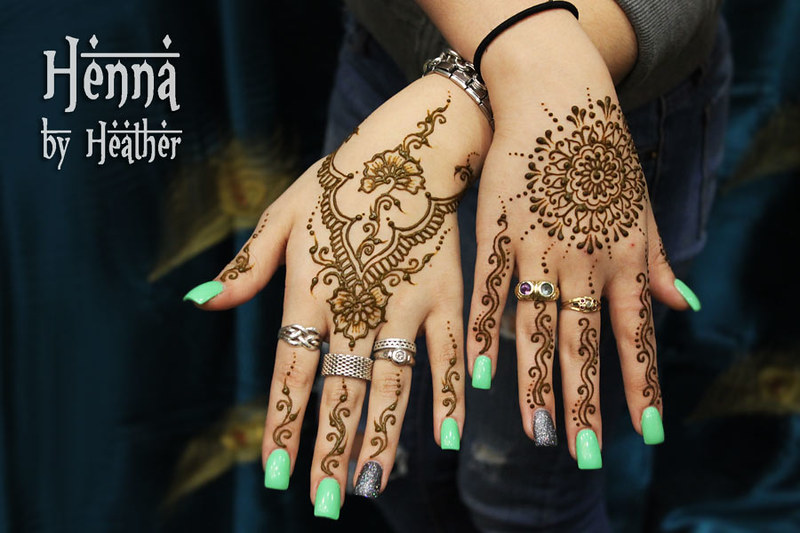
Women offering ‘free’ henna designs target female tourists in popular squares like Jemaa el-Fnaa in Marrakech — approaching with friendly smiles and grabbing hands before permission’s given. Once the intricate design is partially applied, they demand payment ranging from 200-500 dirhams for what they claimed was complimentary. If you refuse to pay, they become aggressive. They may call over male accomplices to intimidate you into paying. The henna used is often of poor quality and may cause skin reactions, whereas legitimate henna artists clearly display their prices upfront.
Restaurant Menu Switching

This clever scam involves showing tourists one menu with reasonable prices — then bringing a different menu when it’s time to pay. The server claims the original menu was old or only for locals. They present a new one with prices two to three times higher than originally displayed. Sometimes they’ll add expensive items you never ordered, claiming they were ‘complementary’ appetizers or side dishes that actually cost extra. Always photograph the menu prices with your phone. Keep the original menu at your table throughout the meal to avoid this costly surprise.
ATM Skimming Devices
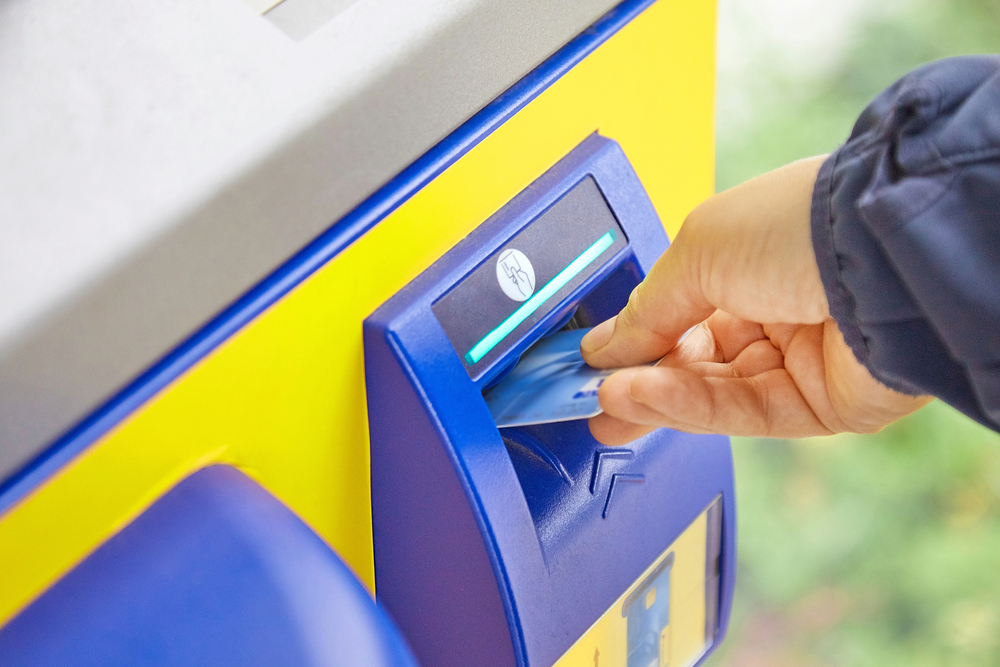
Criminals attach sophisticated skimming devices to ATMs in tourist-heavy areas — particularly near hotels and popular attractions in cities like Marrakech and Fez. These devices capture your card information while hidden cameras record your PIN entry. This allows thieves to create duplicate cards and drain your accounts within hours. The skimmers are often nearly invisible and placed on machines that appear completely normal and legitimate. Only use ATMs inside banks or hotels when possible, and always cover your hand when entering your PIN — even if no one appears to be watching.
Fake Police Checkpoints

Scammers dress in official-looking uniforms and set up fake checkpoints on roads leading to tourist destinations — particularly targeting rental cars with foreign license plates. They claim to be conducting routine inspections and demand to see your passport, driver’s license, and rental agreement before pointing out ‘violations’ that require immediate fines. These fake officers often work in pairs and can be quite convincing — complete with official-looking badges and paperwork. Real Moroccan police checkpoints are typically marked with official vehicles and located at major intersections, not randomly along tourist routes.
Overpriced Taxi Rides
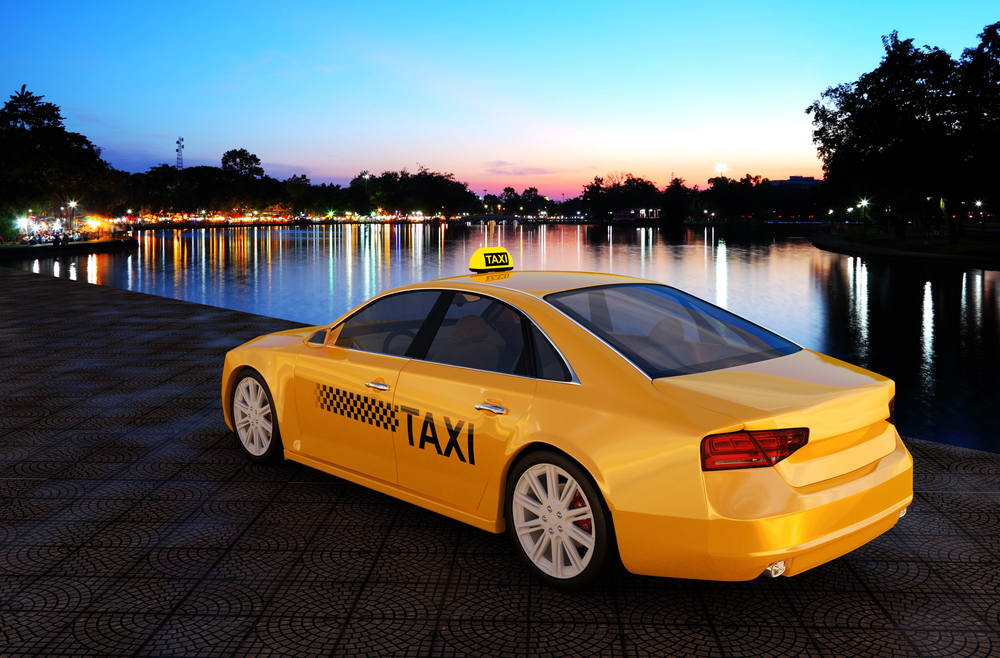
Many taxi drivers in tourist areas refuse to use their meters — instead quoting inflated fixed prices that can be five to ten times the actual fare. They’ll claim the meter’s broken or that there’s a special tourist rate for certain destinations. This happens particularly when traveling to or from airports and major attractions. Some drivers take unnecessarily long routes to justify higher charges — turning a 10-minute trip into a 30-minute journey through heavy traffic. Always insist the meter be used or agree on a reasonable price before getting in, and consider using ride-sharing apps where available.
Accommodation Bait and Switch

Budget hotels and riads advertise beautiful rooms online with stunning photos — but upon arrival, tourists are shown completely different accommodations that are dirty, cramped, or lack basic amenities. The staff claims the advertised room is unavailable due to maintenance or previous guests extending their stay. They offer only inferior alternatives at the same price. They pressure travelers who are tired from long journeys to accept the substandard rooms — knowing most people won’t want to search for alternative accommodation late at night. Always confirm your exact room type and amenities in writing when making reservations.
Spice Market Mislabeling

Vendors in traditional spice markets deliberately mislabel expensive spices and herbs — selling common seasonings at premium prices to unsuspecting tourists. They’ll present ordinary paprika as rare saffron or sell dried mint leaves as exotic medicinal herbs worth their weight in gold. The elaborate presentations include detailed explanations of health benefits and traditional uses — making the inflated prices seem justified for these ‘rare’ ingredients. Authentic saffron threads are thread-like and deep red in color. Many tourist-targeted versions are actually safflower or other cheaper substitutes dyed to look similar.
Children’s Guide Services
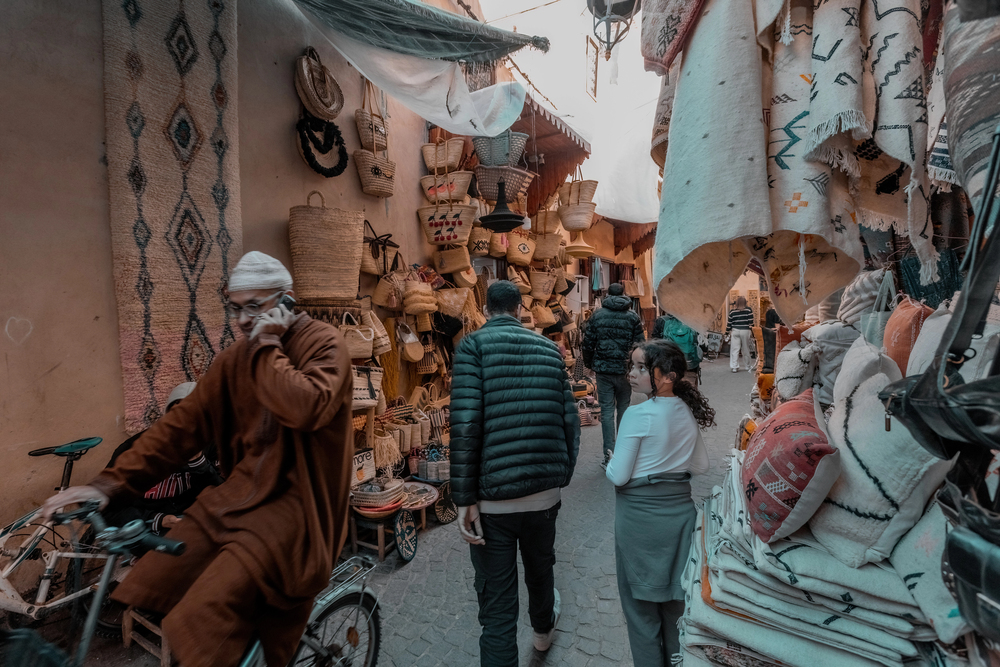
— Photo by natalia.milko@gmail.com
Young children approach tourists offering to guide them through medinas or to specific shops — claiming they know shortcuts and can help navigate the maze-like streets. While these kids appear harmless and genuinely helpful, they’re often working for specific merchants who pay commissions for bringing customers to their shops. The children lead tourists to overpriced stores where they receive a cut of any purchases. They become persistent and demanding if you don’t buy anything. Additionally, giving money to child guides perpetuates a system that keeps kids out of school and on the streets.
Fake Antiques and Artifacts
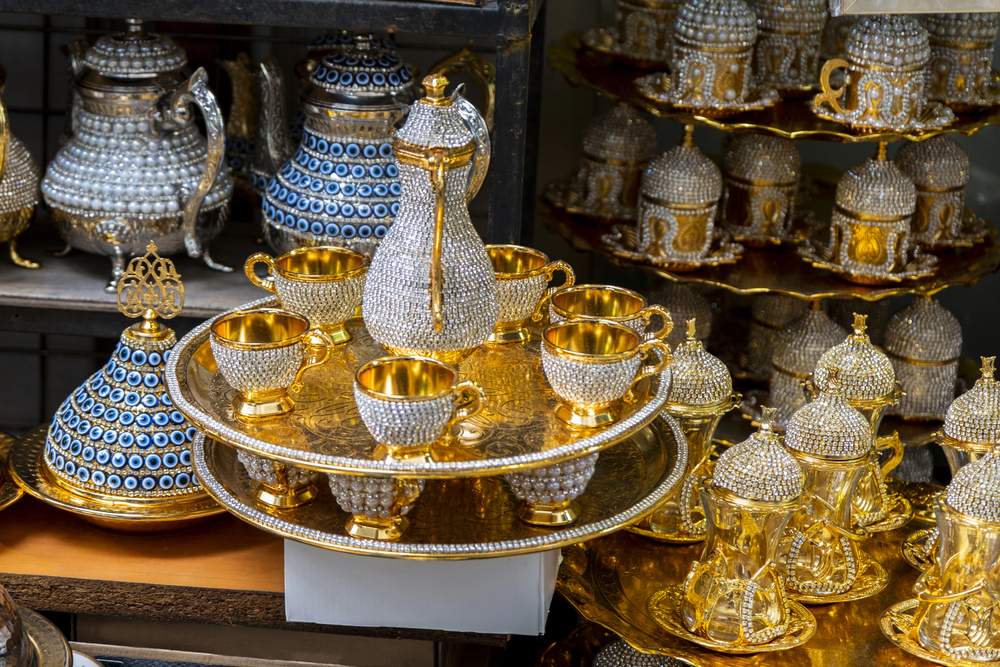
Sophisticated networks produce convincing replicas of traditional Moroccan artifacts, Berber jewelry, and historical items while selling them as authentic antiques at premium prices. Vendors create elaborate backstories about the pieces being family heirlooms or archaeological finds. These come complete with fake certificates of authenticity and age verification documents. These reproductions are often well-made and attractive, yet they’re worth a fraction of what tourists pay believing they’re purchasing genuine historical artifacts. Real antiques require proper export documentation and are rarely sold in tourist markets at the prices commonly quoted.
Currency Exchange Tricks
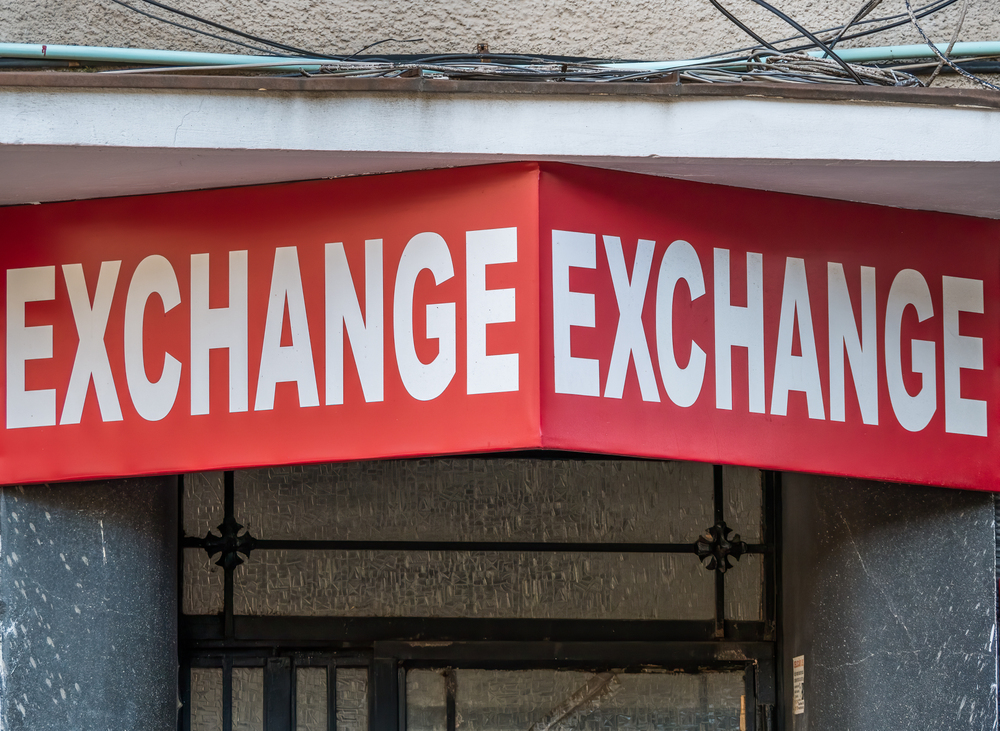
Street money changers offer better exchange rates than banks but use various sleight-of-hand techniques to shortchange unsuspecting tourists. They quickly count out bills in confusing patterns, palming some notes or switching stacks of currency to give you less money than agreed upon. Others provide counterfeit bills mixed in with genuine currency, which you won’t discover until trying to spend the money later. The complex counting process and rapid-fire explanations are designed to confuse and distract you from noticing the deception until it’s too late.
False Emergency Assistance
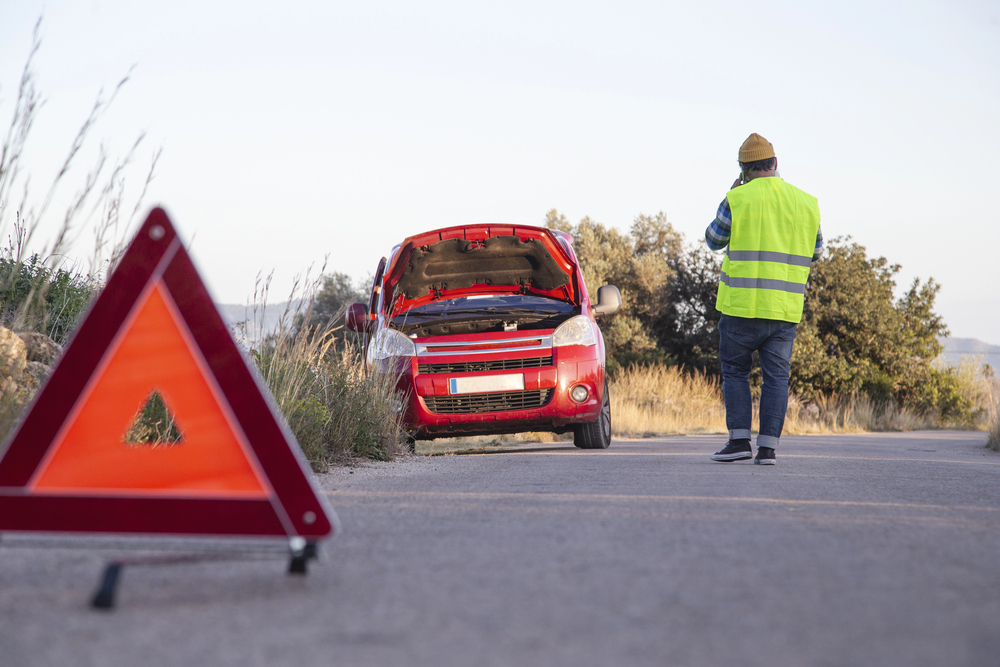
Scammers create fake emergency situations, such as claiming your hotel has been overbooked or there’s been an accident involving your tour group, then offer to help solve the crisis for a fee. They may approach you at airports or train stations with urgent messages about changes to your reservations or transportation. They pressure you to pay immediately for alternative arrangements. These individuals often have inside information about your travel plans obtained from corrupt hotel or transport employees, which makes their stories seem credible. Always verify any emergency claims directly with your hotel, tour company, or travel agent before taking action.
Friendship Bracelet Scam
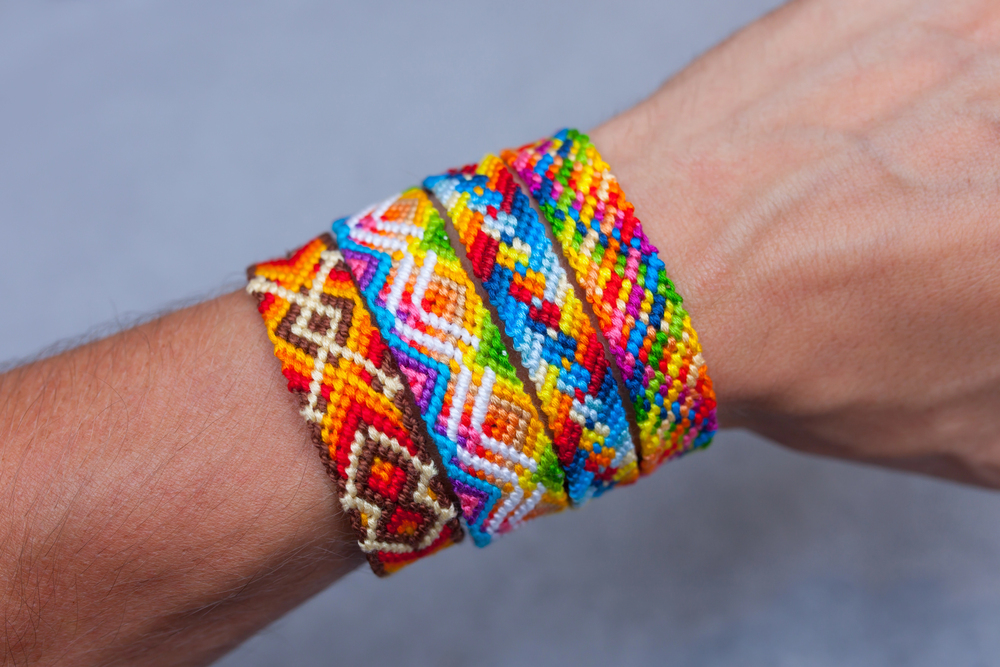
Friendly individuals approach tourists and begin tying colorful thread bracelets around their wrists while engaging in pleasant conversation about travel and culture. Once the bracelet is securely attached and partially woven, they demand payment for this ‘friendship gift’ and refuse to remove it without compensation. The woven design makes it difficult to remove without scissors, and they often work in groups where others apply social pressure to pay. This scam is particularly common in tourist squares and near major attractions where crowds provide cover for the aggressive tactics.
Guided Tour Upgrades

Legitimate tour guides sometimes start with the advertised basic tour but gradually suggest expensive upgrades and add-ons throughout the day. They claim these enhancements are necessary to see the ‘real’ attractions or access special areas that aren’t included in regular tours. They present them as once-in-a-lifetime opportunities. The costs quickly multiply as entrance fees, special permissions, and upgrade charges accumulate beyond the original tour price. By the time tourists realize how much they’re spending, they’re far from their starting point and feel obligated to continue with the expanded itinerary.
Parking Fee Extortion
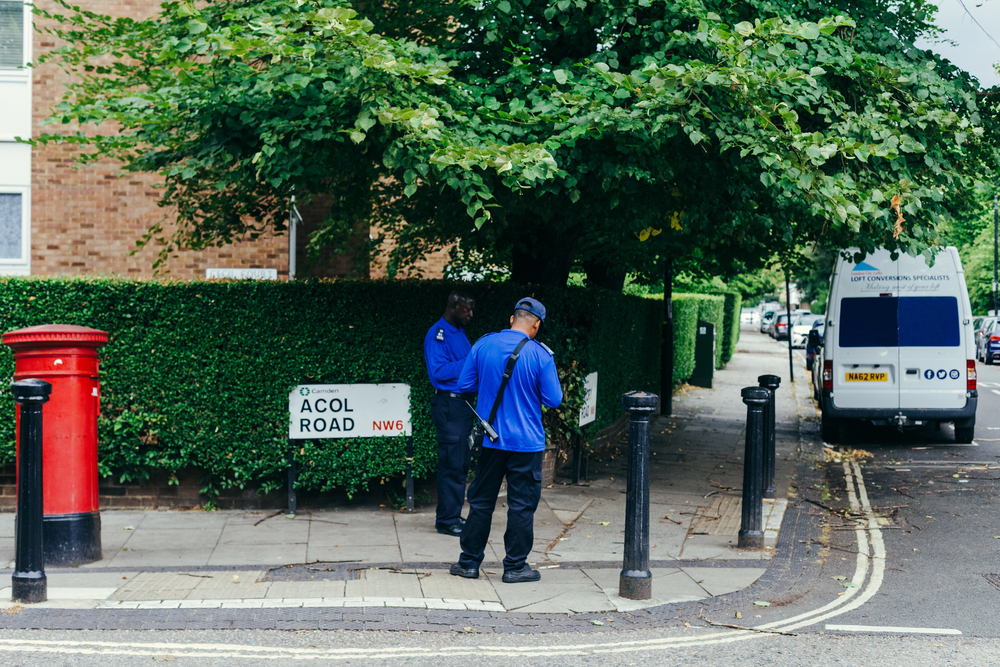
— Photo by phaustov
Self-appointed parking attendants claim authority over public parking spaces near popular tourist destinations while demanding payment for parking in areas that are actually free. These individuals approach drivers with official-looking badges or uniforms and collect fees ranging from 10-50 dirhams for spaces that don’t require payment. They may also claim your car needs special protection services while you’re sightseeing, threatening that unguarded vehicles are likely to be vandalized or broken into. Official parking areas have clear signage and legitimate attendants wear standardized uniforms with proper identification.
Internet Café Overcharges
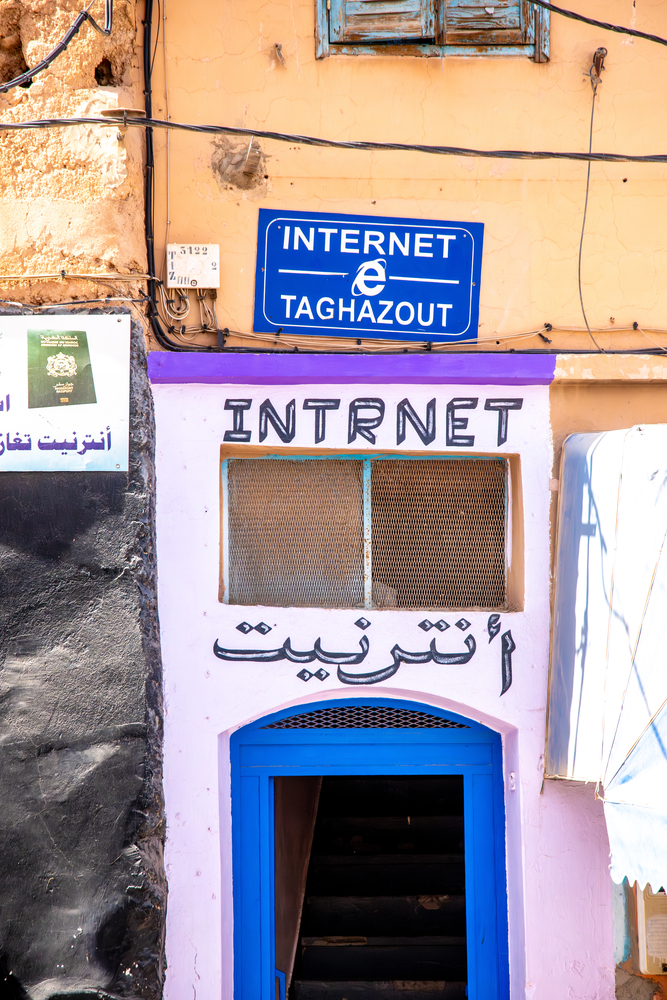
— Photo by gph-foto.öde
Tourist-oriented internet cafés deliberately overcharge for basic services like printing documents, sending emails, or using computers for short periods. They quote prices in different currencies or time increments to confuse tourists about the actual cost, then present inflated bills when the session ends. Some establishments install keyloggers or monitoring software to capture passwords and personal information for later fraudulent use. The computers are often slow and unreliable. They’re designed to consume more time and increase charges while providing minimal actual service value.
Learning from Morocco’s Marketplace Legacy
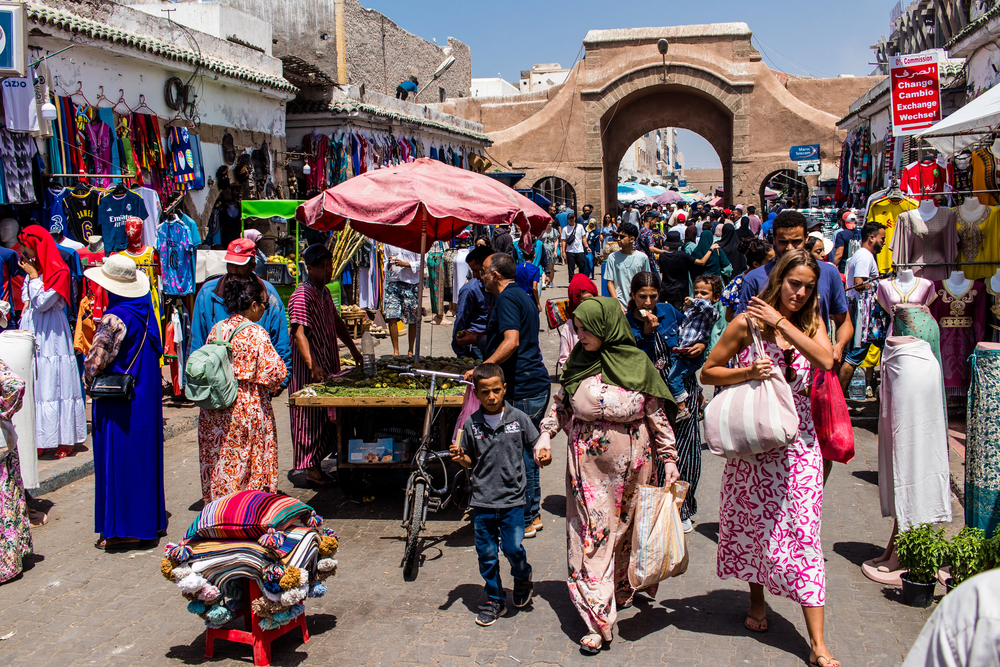
— Photo by jomahepu@gmail.com
These tourist-targeted schemes represent a small shadow cast over Morocco’s centuries-old tradition of merchant hospitality and fair trade. The country’s ancient caravan routes and bustling souks built their reputation on honest dealings and mutual respect between traders and travelers from across the known world. Today’s legitimate Moroccan businesses continue this proud heritage, offering genuine value and authentic experiences that create lasting positive memories. By staying alert to these common swindles, you can focus on enjoying Morocco’s incredible culture, cuisine, and natural beauty while supporting the honest merchants and guides who truly represent the country’s welcoming spirit.
More from Travel Pug

- 20 Best Beach Towns in the Carolinas
- 13 Destinations Where Tourists Regularly Regret Their Trip
- 20 Things You Actually Get in First Class
- 20 Small Airports With Aviation Museums
- 20 Places in the U.S. That Are Perfect for a Reset Trip
Like Travel Pug’s content? Follow us on MSN.
